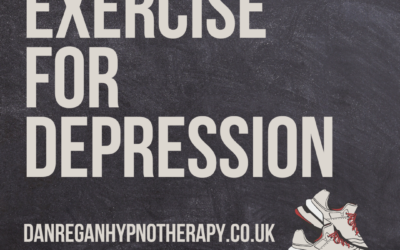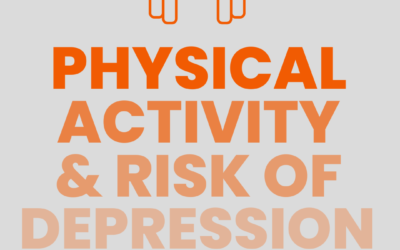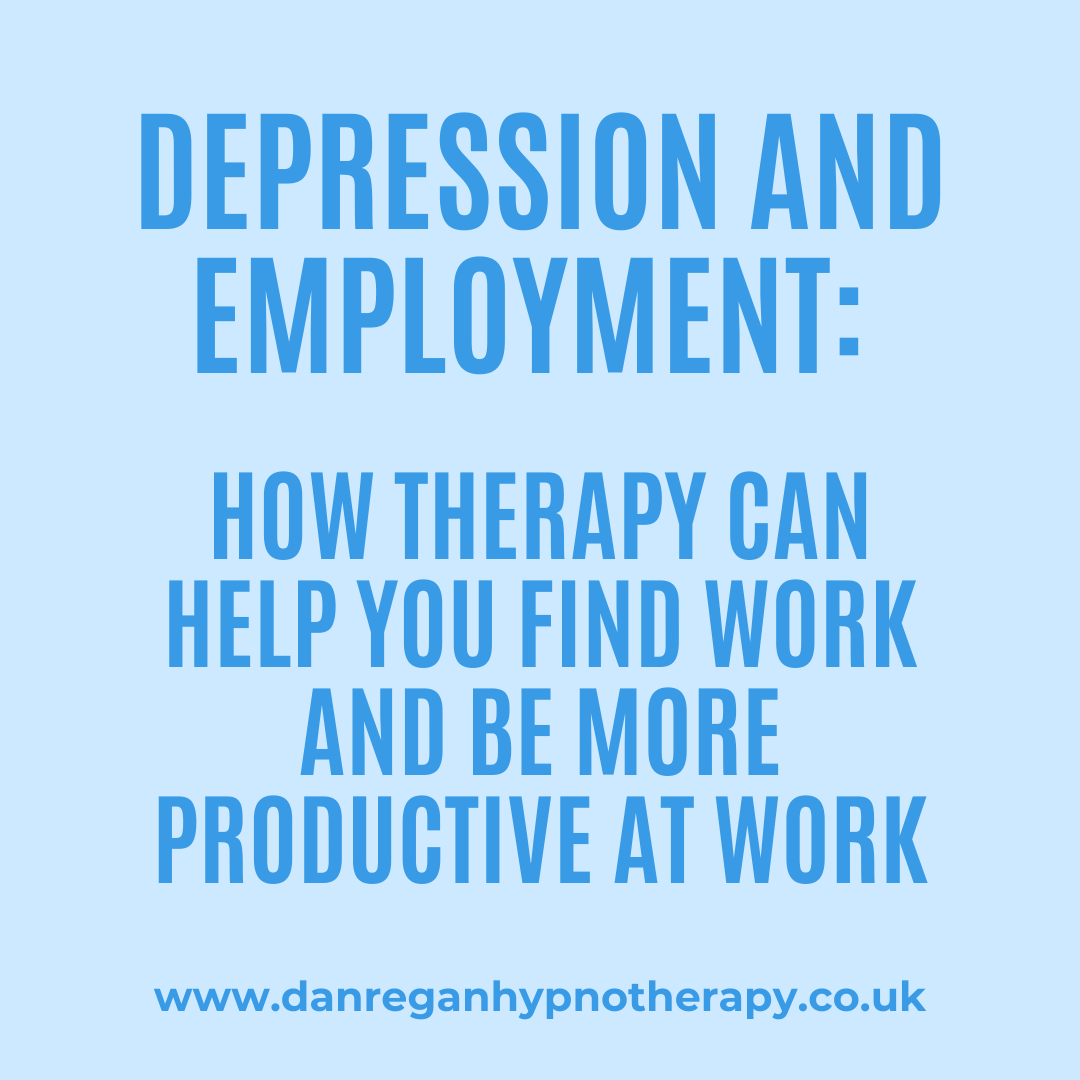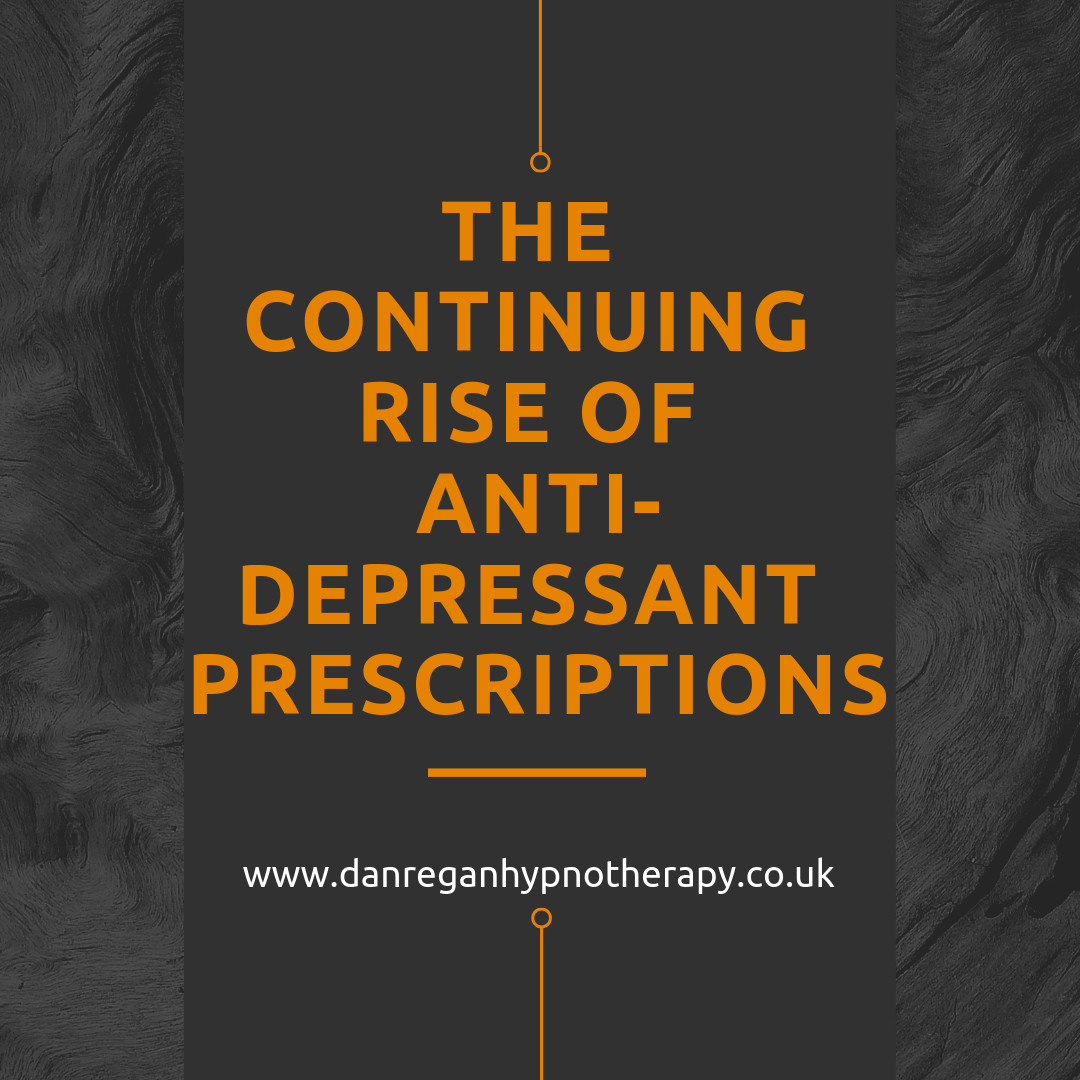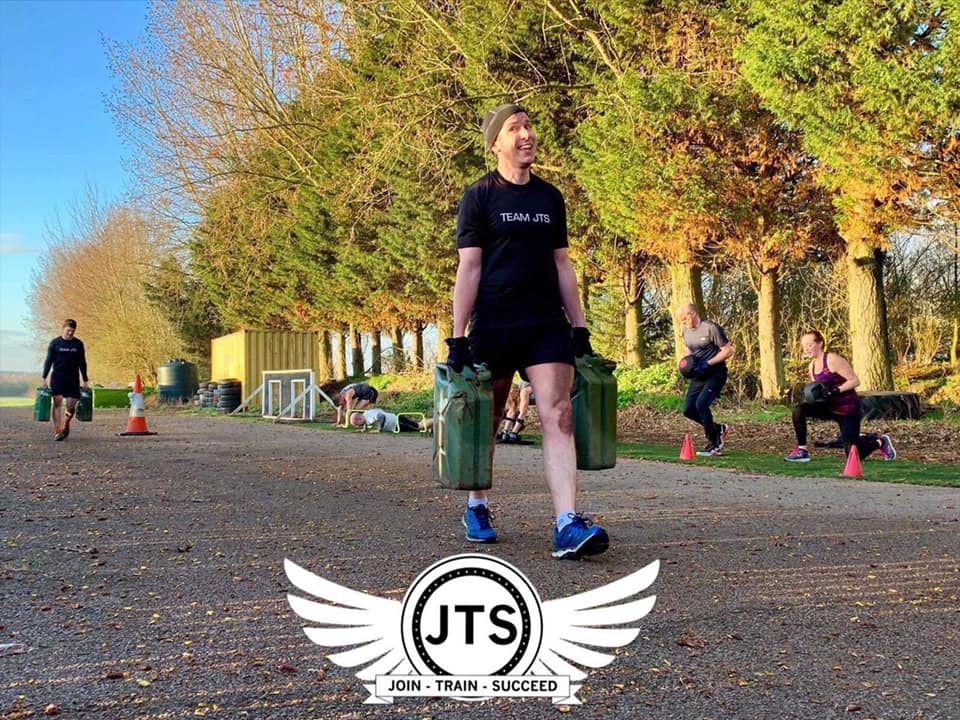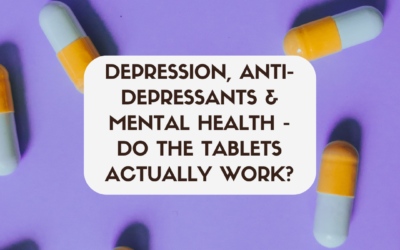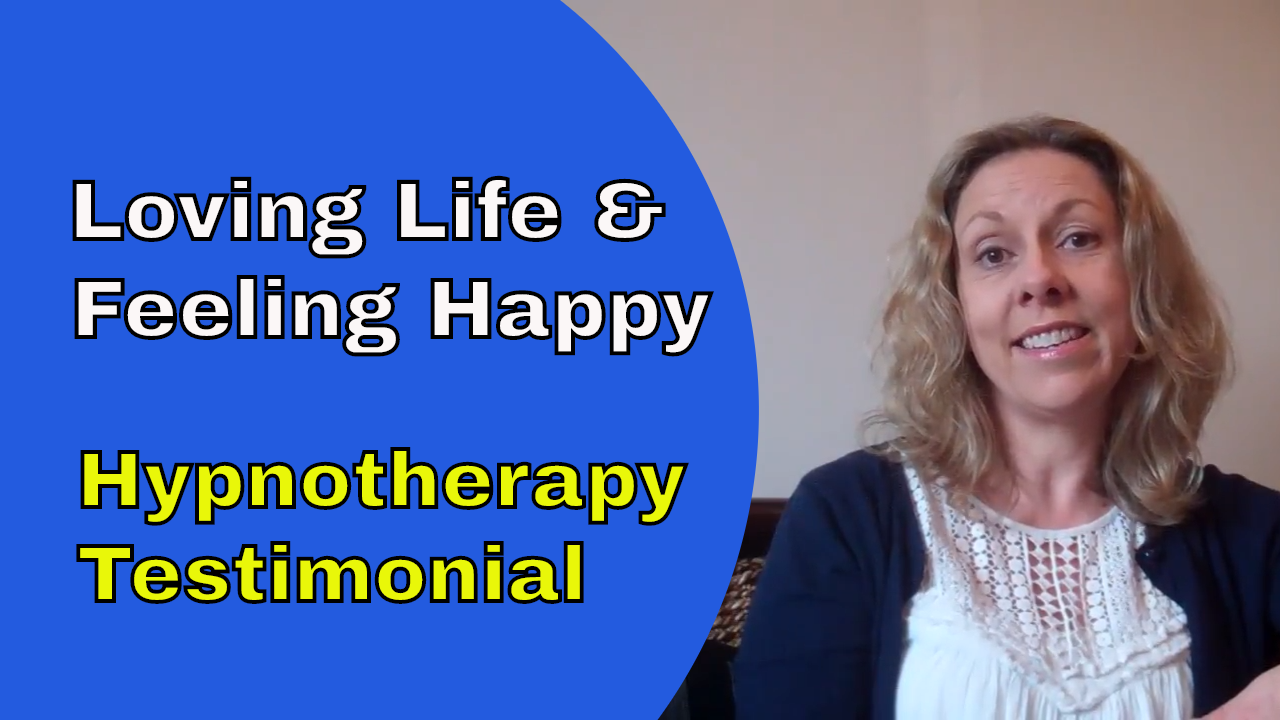Required
Exercise For Depression – Hypnotherapy in Ely and Newmarket
Exercise For Depression – Hypnotherapy in Ely and Newmarket
I’ve been busy continuing my training for my upcoming ultra-marathon that is now getting ominously close. I’m up to over twenty miles in my training runs and looking to keep building as much as I can to support me to get around on the day (and to hopefully raise as much as I can for MacMillan Cancer Support).
The weather when running can make a huge difference and after a heat wave marathon and a frozen ultra last year I’ve got my fingers crossed for something more pleasant in April. Thankfully it has been pretty mild recently and when the sun is up early then the scenery and views here in the Fens are spectacular.
I’ve covered before how valuable I find exercise, and particularly running, to support my own mental health. Way back when I struggled with anxiety and low self-esteem it was my go to coping strategy. It was how I processed my overthinking, moved on from my negative self talk and dissipated my unwanted emotions. I always felt mentally better for it afterwards. These days it is my way of thinking through things, or deciding not to really think about much at all, and it is my way of boosting and supporting my mental health and sense of well-being.
There is a wealth of research and evidence supporting how exercise can help with your mental health and especially with anxiety and depression symptoms. Because there is such a volume of research I’ve covered this topic several times before in previous articles. Exercise and being active sit very nicely alongside psychological therapies, such as hypnotherapy, for helping you to alleviate your anxiety and depression.
Recently another paper was published that took a look at the effect of exercise for depression and I’ve covered that briefly further down in this article. The message is loud and clear that if you want to feel better then some sort of activity is likely to help you positively boost your mental health.

